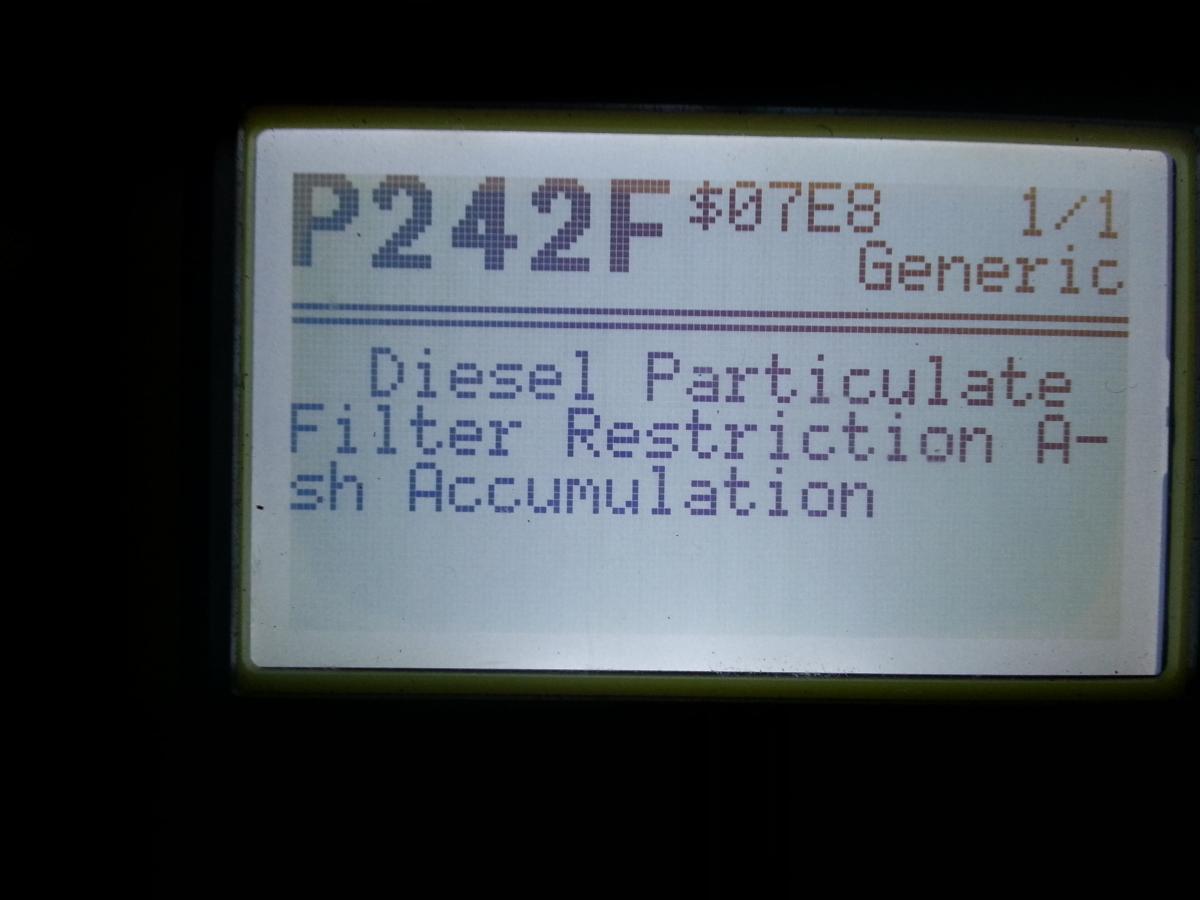I have 2019 2 litre diesel Kuga and my PCP expires middle of next year. I do have a new one on order but not expected until next Summer.
I’m wondering that if I did keep hold of it how reliable are the DPF’s? I got my stung on a previous car which was a Focus 2008 which needed a replacement DPF after 6 years despite doing regular long motorway journeys in it. When I googled it at the time it was a big problem on the model and a lot of people were that fed up they where even removing the DPF.
is the Kuga DPF the same design?
I’m wondering that if I did keep hold of it how reliable are the DPF’s? I got my stung on a previous car which was a Focus 2008 which needed a replacement DPF after 6 years despite doing regular long motorway journeys in it. When I googled it at the time it was a big problem on the model and a lot of people were that fed up they where even removing the DPF.
is the Kuga DPF the same design?







